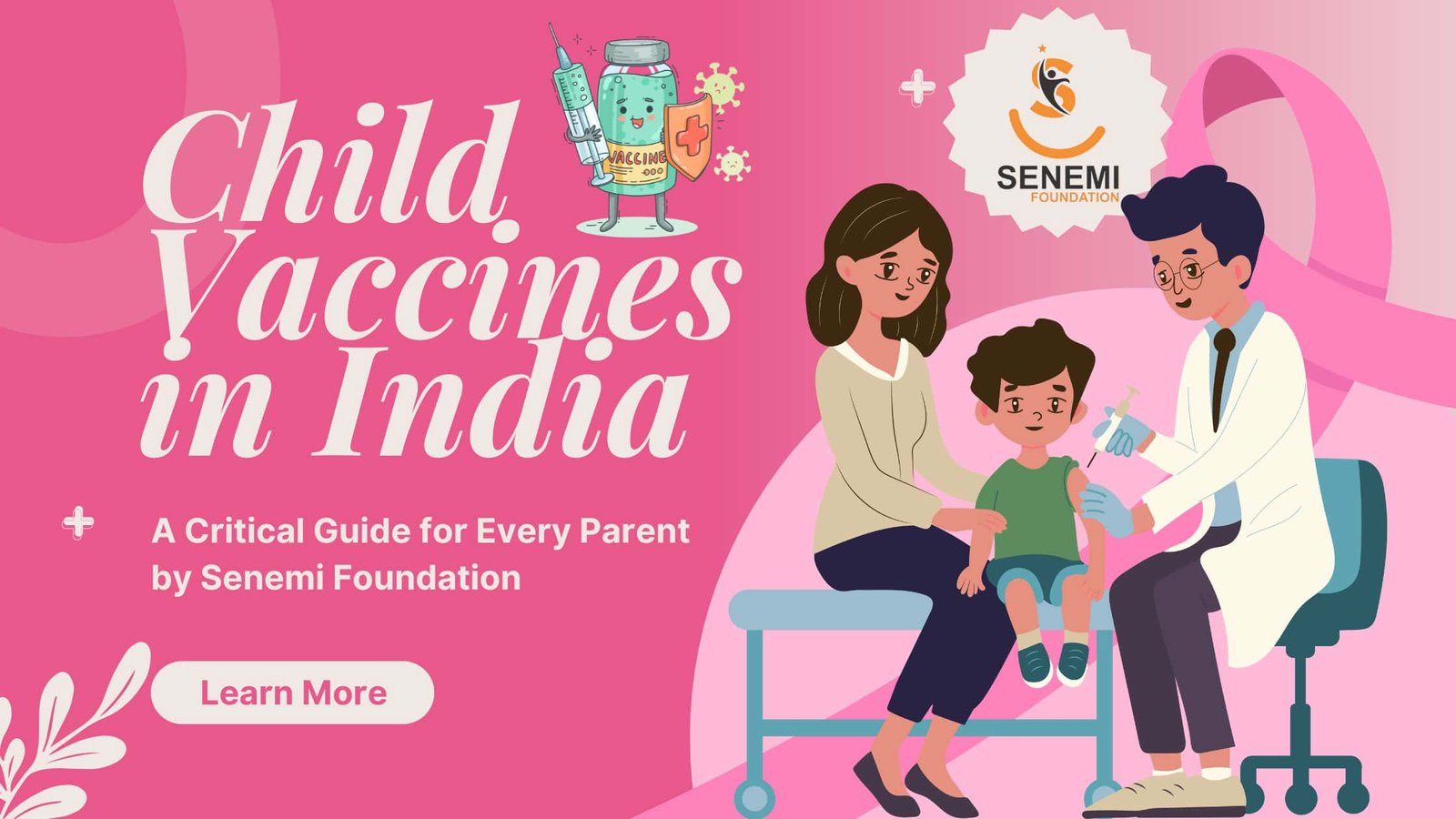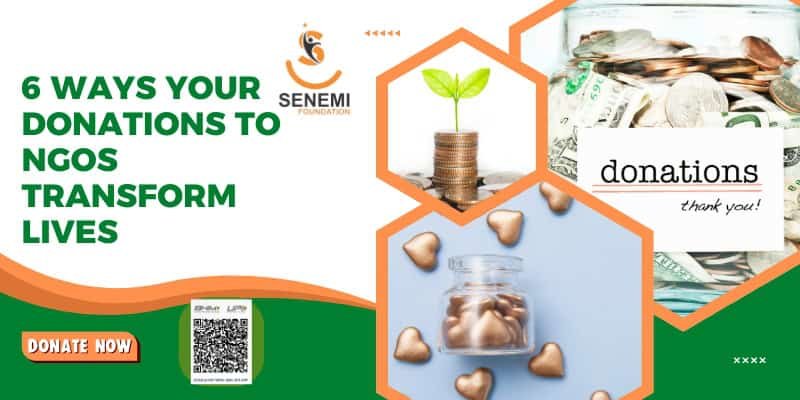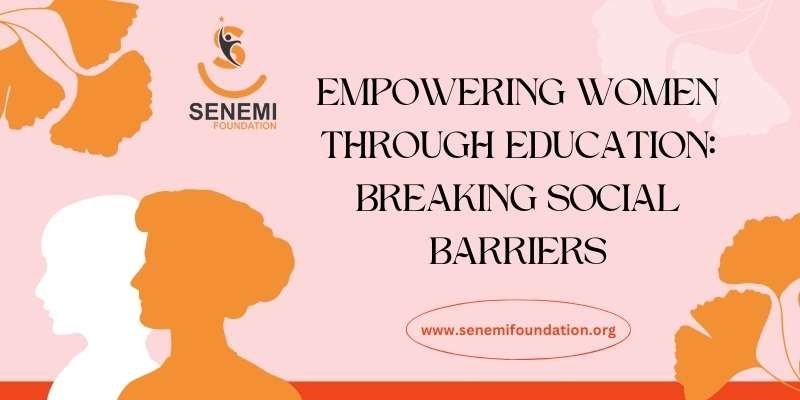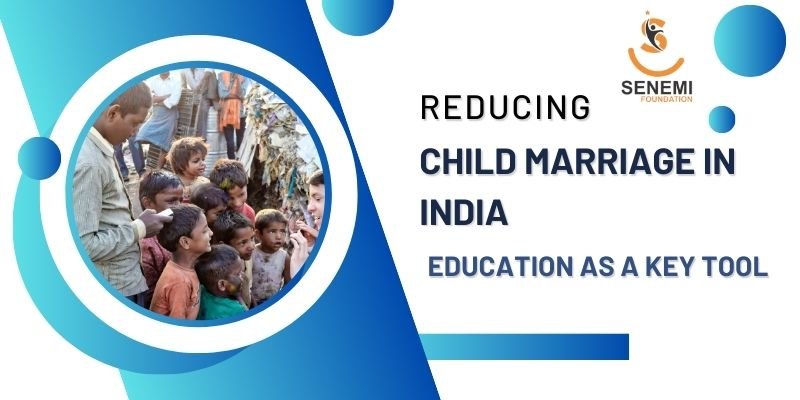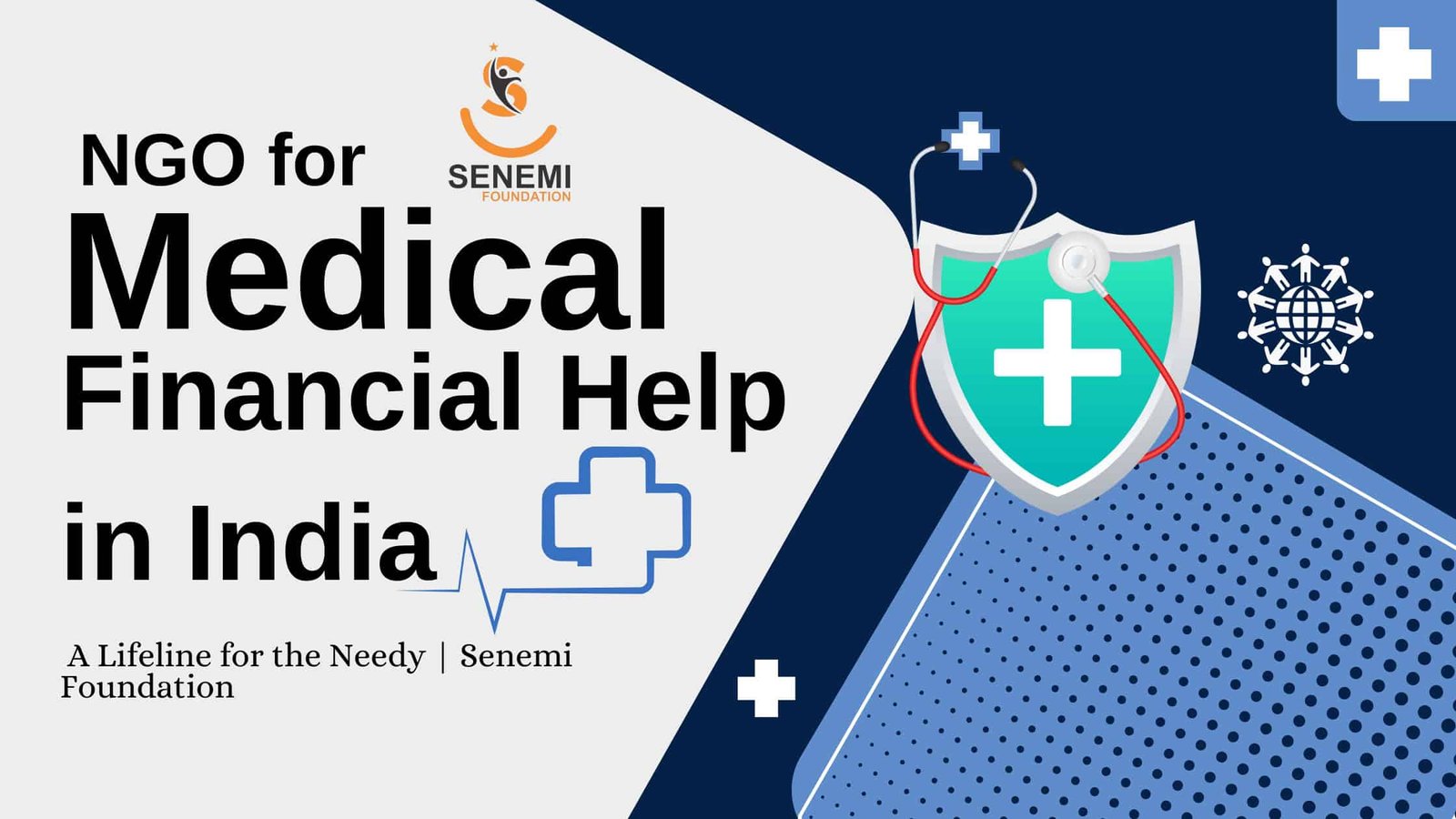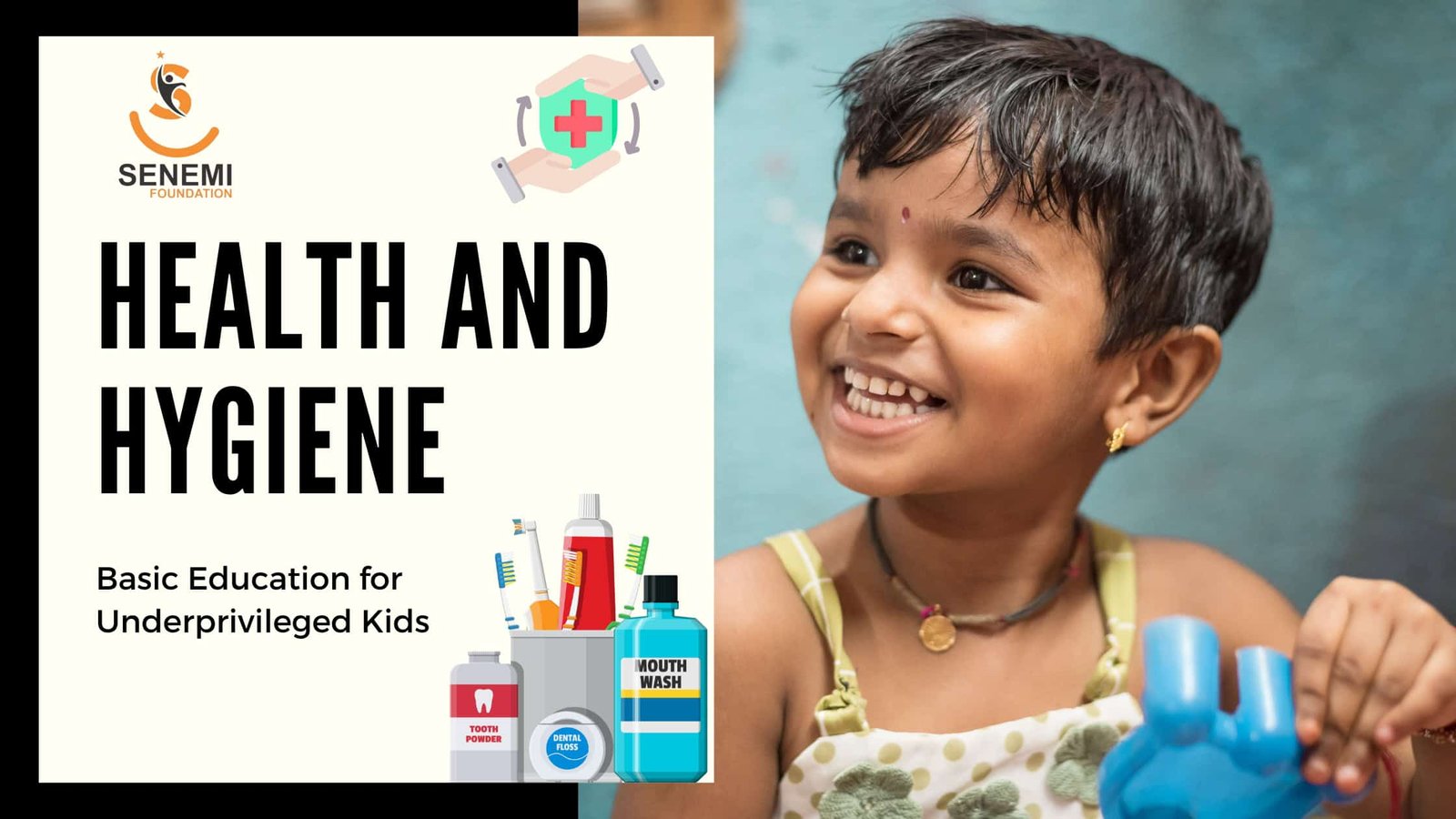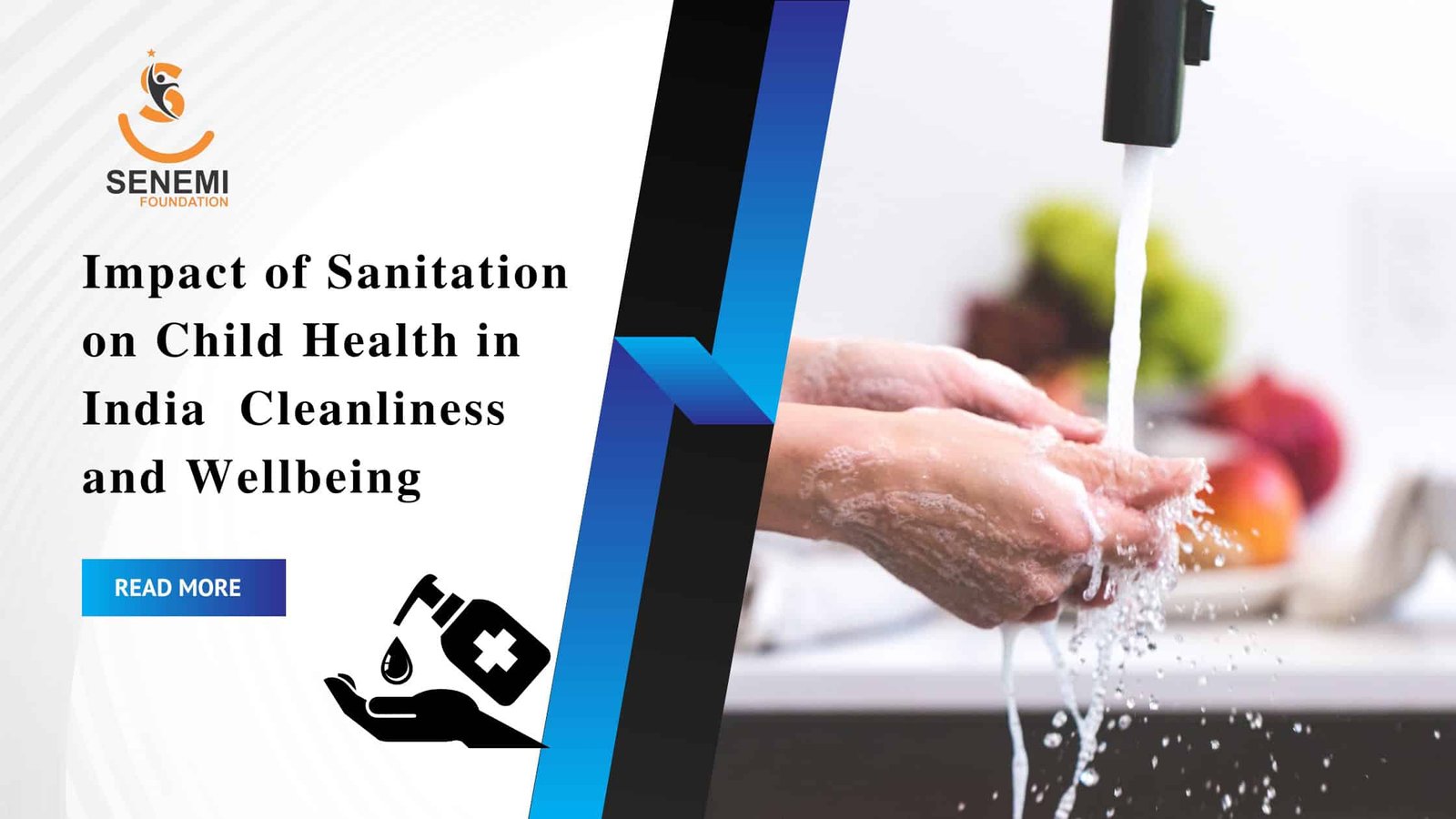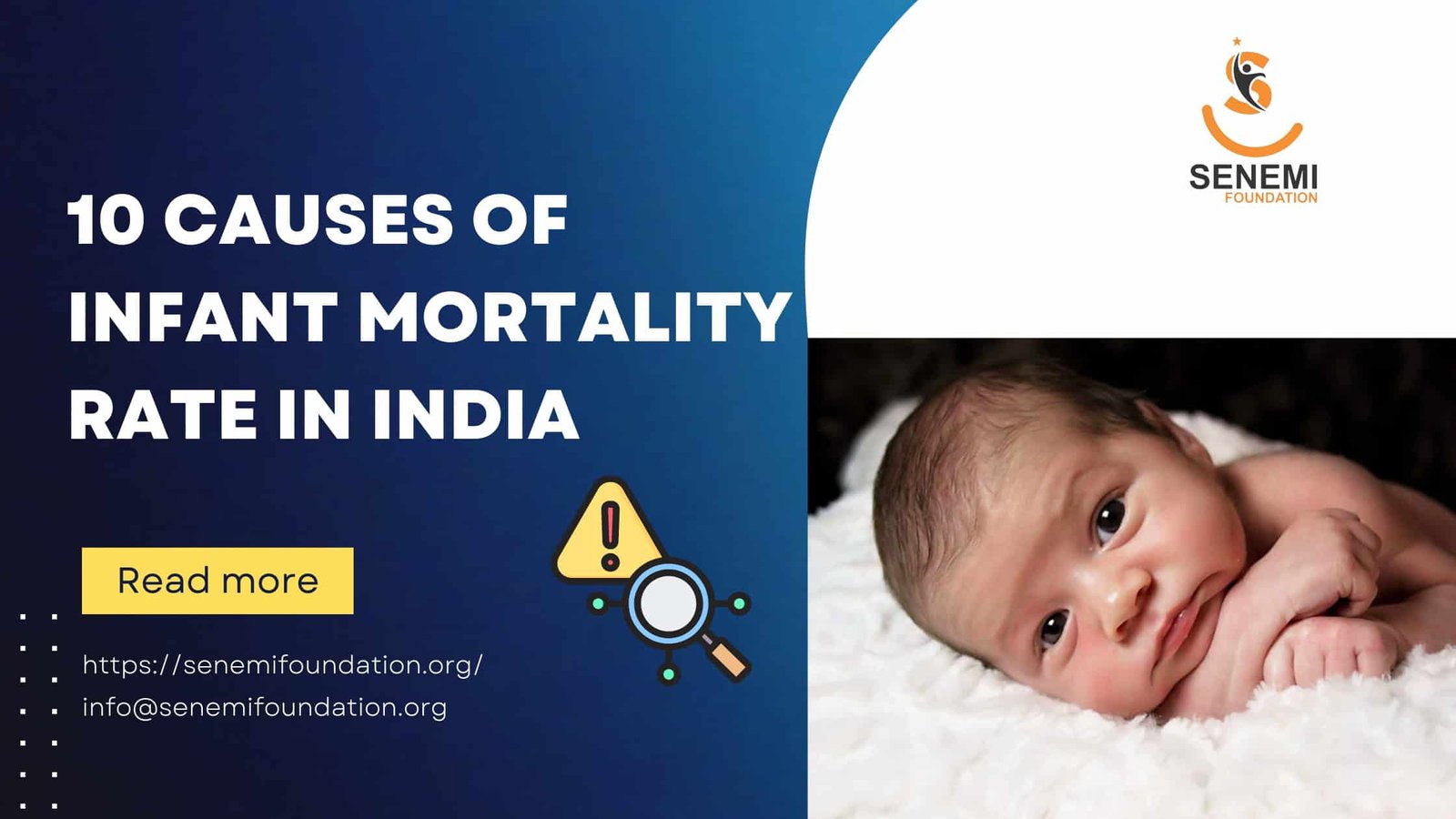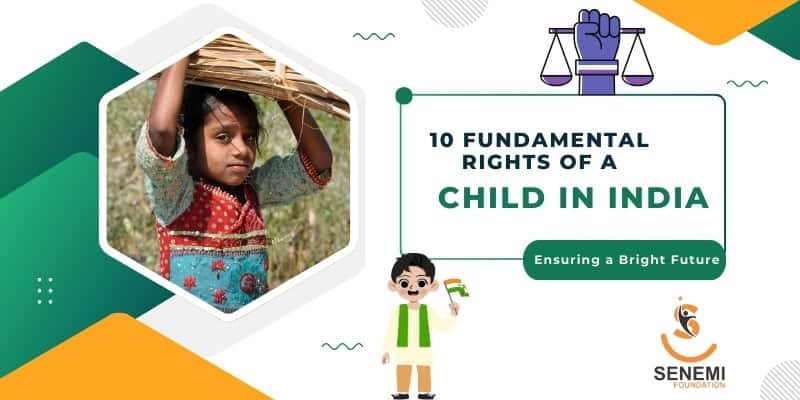

Introduction
Children are the foundation of any nation’s future. Recognizing their potential and nurturing it requires a commitment to their rights. In India, child rights are a vital aspect of creating a society where every child has the opportunity to thrive. This blog explores the 10 fundamental rights of a child in India, focusing on how these rights contribute to a bright future. The Senemi Foundation, regarded as one of the best NGOs in India, has been at the forefront of empowering children through its impactful youth programs.
What Are Child Rights in India?
Child rights in India refer to the fundamental entitlements granted to children under the age of 18. These rights ensure their safety, education, development, and dignity. India has adopted various laws and policies to align with the United Nations Convention on the Rights of the Child (UNCRC).
1. Right to Survival
This includes the right to life, health, and nutrition. Every child is entitled to access healthcare, adequate nutrition, and a safe environment. Senemi Foundation’s health initiatives ensure children in underprivileged areas receive proper medical care and nourishment.
2. Right to Protection
Children are entitled to protection from abuse, neglect, and exploitation. Laws like the Protection of Children from Sexual Offences (POCSO) Act are pivotal in safeguarding children. Child rights in India are upheld by NGOs like the Senemi Foundation, which runs awareness programs to educate communities about child safety.
3. Right to Education
Education is a powerful tool for empowerment. The Right to Education Act mandates free and compulsory education for children aged 6 to 14 years. Senemi Foundation’s youth program focuses on bridging the gap in education, ensuring children in rural areas have access to quality schooling.
4. Right to Development
This right ensures opportunities for physical, mental, and social development. Access to play, recreation, and extracurricular activities is essential. The Senemi Foundation actively supports initiatives that promote holistic child development.
5. Right to Equality
Every child has the right to be treated equally, irrespective of caste, gender, religion, or background. The Senemi Foundation, a best NGO in India, champions campaigns promoting inclusivity and breaking down barriers of discrimination.
6. Right to Participation
Children must have the freedom to express their views on matters affecting their lives. Platforms encouraging participation empower children to become active contributors to society. Child rights in India focus on listening to children’s voices and valuing their opinions.
7. Right to Identity
Every child has the right to a name, nationality, and legal recognition. This ensures their dignity and place in society. The Senemi Foundation works with underprivileged families to secure birth registrations and identity documentation for their children.
8. Right to Freedom
Children have the right to think, believe, and express themselves freely. They should be protected from forced labor and unfair restrictions. Senemi Foundation advocates for creating safe spaces where children can grow without fear.
9. Right to Health and Well-Being
Healthcare services, immunizations, and sanitation are fundamental to a child’s growth. Senemi Foundation organizes health camps and educates communities on hygiene practices, ensuring every child’s right to health is respected.
10. Right to Family Care
A nurturing family environment is critical for emotional and social development. Orphaned or abandoned children should receive care in loving, supportive settings. Senemi Foundation collaborates with government and private entities to provide homes for children in need.
The Role of Senemi Foundation in Promoting Child Rights in India
As one of the best NGOs in India, the Senemi Foundation’s youth program is transforming lives by focusing on education, skill-building, and health for children. This initiative not only addresses the child rights in India but also ensures that children become confident individuals ready to contribute to society.
Senemi Foundation has impacted thousands of lives by:
- Organizing education drives in rural and urban slums.
- Setting up healthcare camps to combat malnutrition and diseases.
- Creating awareness campaigns about child safety and rights.
- Providing skill-development workshops for youth empowerment.
Challenges in Upholding Child Rights in India
Despite robust laws and initiatives, challenges like poverty, child labor, and early marriages persist. Many children are still deprived of their basic rights due to societal norms and economic constraints. Collaborations between the government, NGOs, and civil society are crucial for addressing these challenges.
Why Senemi Foundation Is a Beacon of Hope
The Senemi Foundation’s dedication to children’s welfare makes it a best NGO in India. Their programs are designed to ensure child rights in India are upheld while providing holistic support to underprivileged children. With its focus on sustainable change, the foundation ensures every child gets the opportunity to dream big and achieve their goals.
Conclusion
Protecting and promoting the child rights in India is not just a legal mandate but a moral responsibility. By empowering children with education, protection, and opportunities, we can shape a brighter future for the nation. NGOs like the Senemi Foundation play a vital role in bridging gaps and ensuring that every child’s voice is heard. Together, we can ensure that the fundamental rights of every child in India are upheld.
 Abhay
Abhay